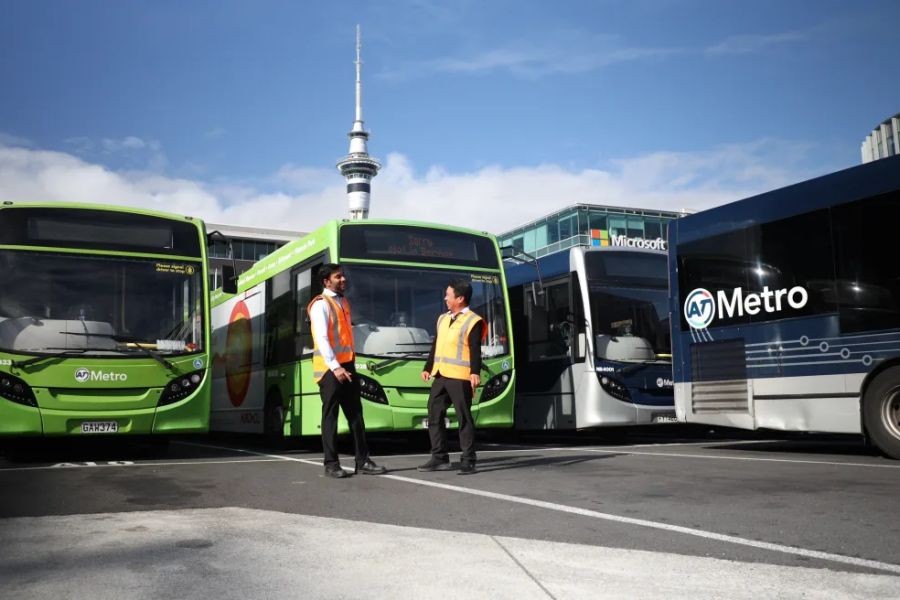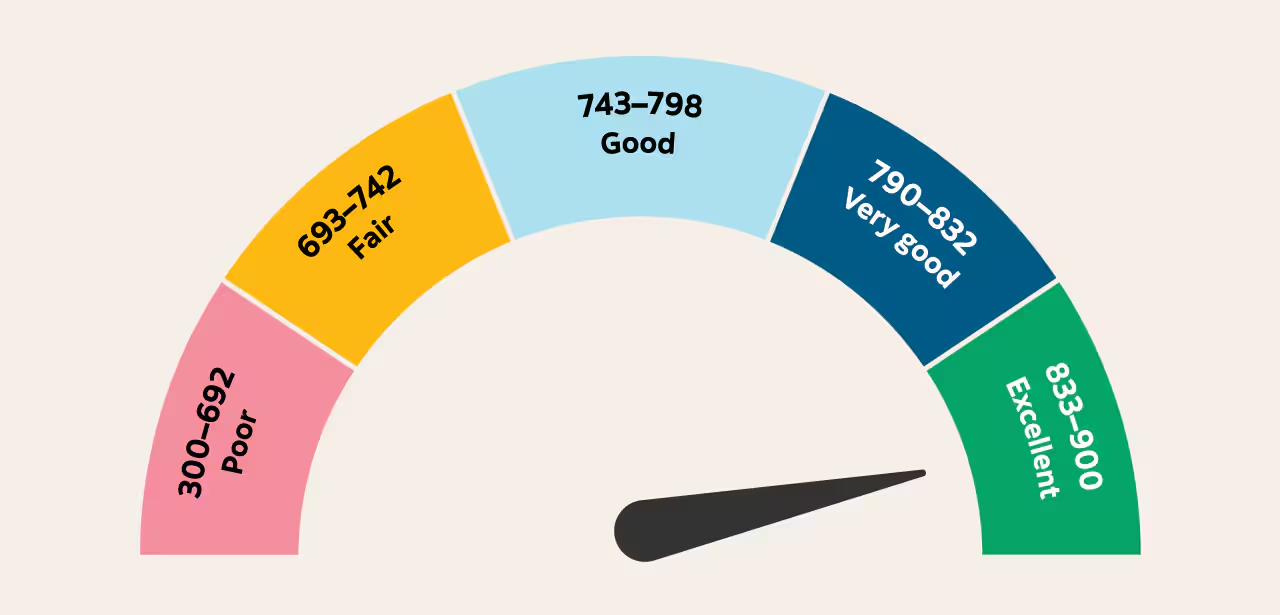In recent years, the growing debates in New Zealand around the financial benefits of public transport versus car ownership have been fueled by rising living costs and increased environmental consciousness. As a local business owner, understanding these dynamics not only impacts personal financial decisions but also informs employee policies and sustainability strategies. This comprehensive article delves into the cost-effectiveness of public transport compared to car ownership, backed by data, expert insights, and real-world examples pertinent to the Kiwi context.
Understanding the Costs: Public Transport vs. Car Ownership
For many Kiwis, the decision between owning a car and relying on public transport can be a significant financial consideration. According to Stats NZ, the average New Zealand household spends approximately 14% of their income on transportation, with a substantial portion allocated to vehicle ownership. In contrast, the cost of public transport, particularly in urban centers like Auckland and Wellington, tends to be significantly lower.
Breaking Down Car Ownership Costs
Owning a car involves various expenses, including purchase price, insurance, maintenance, fuel, and depreciation. The New Zealand Automobile Association (AA) estimates that the average cost of owning a car is around NZD 12,000 per year. This figure includes:
- Fuel: With fluctuating petrol prices, fuel costs can range from NZD 2,000 to NZD 3,000 annually.
- Insurance: Comprehensive coverage can cost between NZD 800 and NZD 1,200 annually.
- Maintenance and Repairs: Regular servicing and unexpected repairs can add up to NZD 1,500 per year.
- Depreciation: Cars typically lose 20-30% of their value in the first year, impacting long-term financial planning.
Evaluating Public Transport Costs
Public transport, on the other hand, offers a more predictable and often cheaper alternative. In Auckland, for example, a monthly public transport pass costs approximately NZD 215, equating to NZD 2,580 annually. This is significantly lower than the cost of car ownership and does not include the environmental benefits of reduced carbon emissions.
Case Study: Auckland’s Public Transport Revolution
Problem:
Auckland, New Zealand's largest city, faced significant traffic congestion issues, impacting business productivity and quality of life. The city needed an efficient solution to manage the growing population and reduce environmental impact.
Action:
The Auckland Transport Authority invested heavily in upgrading the public transport infrastructure, including electrifying train lines and enhancing bus services. They also introduced the AT HOP card, a smart card payment system, to streamline commuter experiences.
Result:
Since the initiatives began in 2014, public transport patronage in Auckland increased by over 30%. The city saw a marked reduction in road congestion and vehicle emissions. Auckland businesses reported improved employee punctuality and productivity.
Takeaway:
This case study illustrates the transformative potential of investing in public transport infrastructure for urban centers. It highlights the importance of integrated transport systems in enhancing city livability and reducing reliance on private vehicles in New Zealand.
Pros and Cons: Public Transport vs. Car Ownership
✅ Pros of Public Transport:
- Cost Savings: Lower annual expenses compared to car ownership.
- Environmental Impact: Reduced carbon footprint and pollution.
- Stress Reduction: Avoid traffic stress and parking hassles.
- Work Productivity: Opportunity to use commute time for work or relaxation.
❌ Cons of Public Transport:
- Convenience: Limited flexibility compared to private cars, especially in rural areas.
- Service Reliability: Potential delays and schedule limitations.
- Accessibility: Not as accessible in remote regions.
Expert Insights: The Economics of Transport Choices
Dr. Sarah Hall, a transport economist at the University of Auckland, notes that the long-term economic benefits of public transport are substantial. "Our research indicates that cities with robust public transport systems experience higher economic productivity and lower healthcare costs due to reduced pollution," she states. These insights suggest that beyond individual savings, public transport investments can bolster broader economic growth.
Common Myths & Mistakes
Despite the clear advantages of public transport, several myths persist:
Myth: "Owning a car is cheaper in the long run." Reality: According to a Reserve Bank of New Zealand study, the total cost of car ownership, including depreciation, often outweighs public transport costs, especially in urban areas.
Myth: "Public transport is unreliable and slow." Reality: Recent upgrades in New Zealand's major cities have significantly improved reliability and speed, as evidenced by increased commuter satisfaction ratings.
Future Trends & Predictions
The future of transportation in New Zealand is likely to be shaped by continued investments in public transport and the adoption of electric vehicles. According to a report by MBIE, by 2030, New Zealand aims to have a 50% reduction in emissions from transport. This goal will drive further investment in sustainable public transport solutions.
Final Takeaways
- Public transport offers substantial cost savings and environmental benefits over car ownership.
- Investing in robust public transport infrastructure can enhance urban productivity and economic growth.
- Future trends indicate a significant shift towards sustainable transport solutions in New Zealand.
Ultimately, the choice between public transport and car ownership depends on individual needs and circumstances. However, the evidence suggests that for many Kiwis, public transport is a more budget-friendly and sustainable option.
What’s your take on the transportation debate? Share your insights below!
People Also Ask
How does public transport impact businesses in New Zealand? NZ businesses leveraging public transport report improved employee punctuality and productivity, enhancing overall business efficiency.
What are the biggest misconceptions about public transport in NZ? One common myth is that public transport is unreliable. However, upgrades in major cities have significantly improved reliability and commuter satisfaction.
Related Search Queries
- Public transport benefits in New Zealand
- Cost of car ownership in NZ
- Environmental impact of public transport
- Public transportation reliability in Auckland
- Future of electric vehicles in New Zealand
































CathyClear
10 months ago